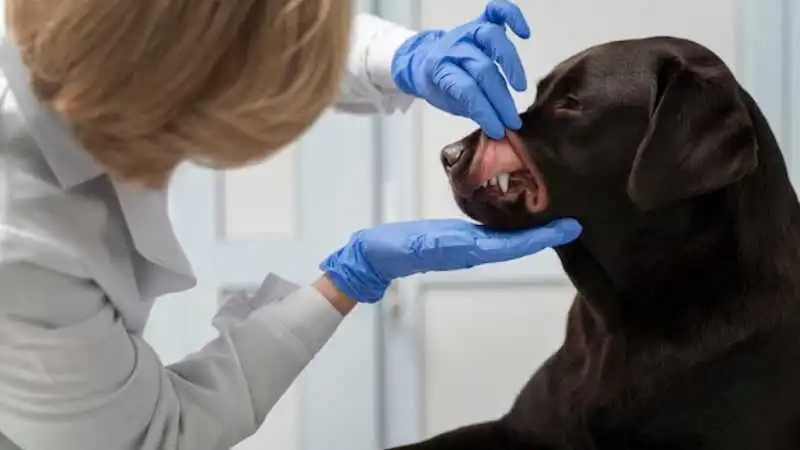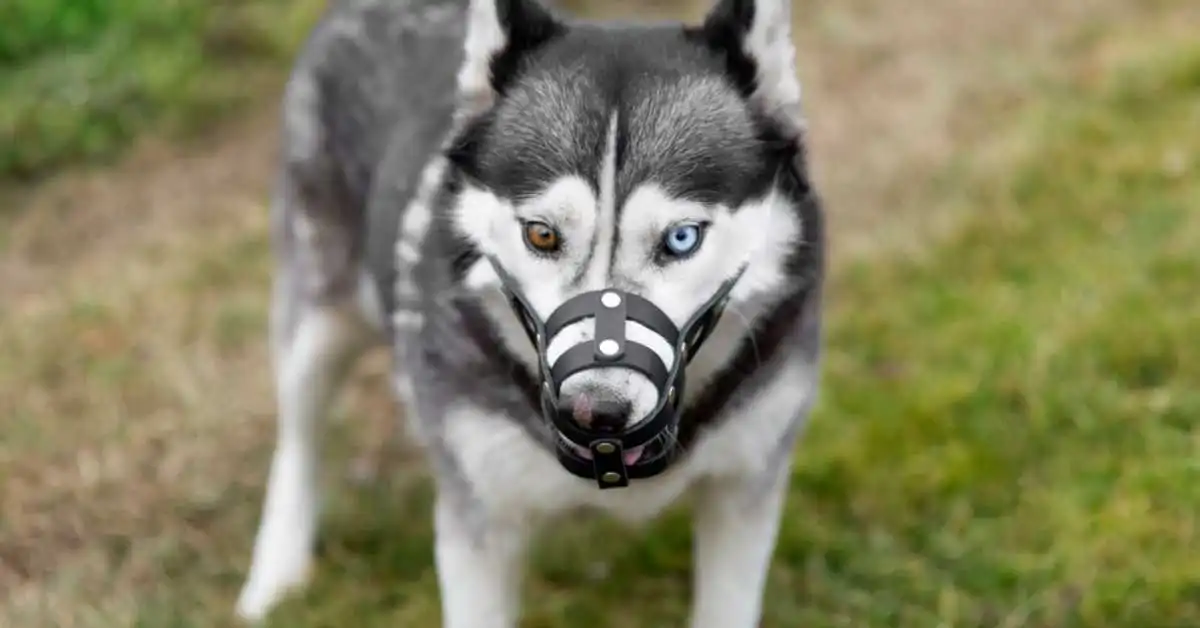I’ve always been curious about various health conditions that can affect dogs, especially since I’m a German Shepherd owner myself. One condition that caught my attention is lockjaw. This condition, technically known as tetanus, can be concerning. It made me wonder, “Do German Shepherds have lock jaws?”
I’ve learned that lockjaw isn’t specific to any breed; it can affect German Shepherds like any other dog. It’s caused by a toxin produced by bacteria found in soil, dust, and faeces. When I realized that my German Shepherd could encounter these bacteria during our daily walks or while playing in the yard, it underscored the importance of being vigilant about vaccinations and wound care.

Lockjaw in Dogs: Symptoms
Recognizing the symptoms of lockjaw early on is paramount to ensuring the swift treatment and recovery of an affected German Shepherd. Symptoms begin mildly and can rapidly escalate if left untreated. The most common sign is stiffness in the muscles, especially around the jaw and neck, making it difficult for the dog to open its mouth—hence the term lockjaw.
Additionally, you may notice more generalized symptoms such as muscle spasms, difficulty swallowing, and a stiff gait. In severe cases, the toxin can affect the respiratory muscles, leading to breathing difficulties. Observing any of these symptoms warrants immediate veterinary attention to prevent complications.
Causes of Lockjaw in GSD
Lockjaw in German Shepherds, as in different breeds, is mainly due to the bacterium Clostridium tetani. This bacterium is found worldwide in soil, dust, and faeces, flourishing in anaerobic (low oxygen) environments.
It often enters the body through wounds—profound puncture wounds with low oxygen levels, facilitating an environment where the bacteria can thrive and produce toxins. This toxin, known as tetanospasmin, targets the nervous system, particularly the nerves controlling muscle movements, leading to the characteristic muscular stiffness and spasms associated with the condition.
Prevention through vaccination and immediate treatment of wounds are critical steps in reducing the risk of lockjaw in German Shepherds.
The diagnosis of tetanus in GSDs by veterinarians
How Veterinarians Diagnose Tetanus in GSD Veterinarians determine if a German Shepherd has tetanus by looking at the dog’s symptoms and asking about what it’s been doing and if it got hurt recently. Since there’s no specific test for tetanus, vets rely on signs like stiff muscles and spasms.
They also do lab tests to make sure the dog doesn’t have another illness that looks like tetanus. If a dog hasn’t been vaccinated, has missed booster shots, and has a new, severe, or dirty wound, it could have tetanus. Dog owners must tell the vet everything they can to help diagnose and treat the dog.
GSD Lockjaw Treatment

Treating lockjaw in German Shepherds means fighting the toxin, easing symptoms, and stopping bacterial growth. The vet starts with an antitoxin and antibiotics, like penicillin, to fight the bacteria. Keeping the dog calm and quiet is essential to helping with muscle spasms. They might use muscle relaxers and sedatives to help with stiffness and spasms.
In severe cases, especially if the dog has trouble breathing, it might need extra support like a ventilator. Recovery is slow and requires careful attention, such as helping the dog eat and go to the bathroom until it gets better. Staying on top of vaccinations is critical to preventing lockjaw.
A Guide to Recovering and Managing Lockjaw in Generalized Severe Disease
Recovery from lockjaw in German Shepherds takes time, from weeks to months, and depends on the treatment’s timing and the illness’s severity. Keep the dog in a quiet place, and expect to help it with daily needs like eating.
Physical therapy might be needed to help it move better. Regular vet check-ups are essential to track progress and update treatment plans. To avoid lockjaw, keep your dog’s vaccinations up to date and quickly care for wounds.
Bottom lines
In conclusion, German shepherds do not have locked jaws. This myth likely stems from misconceptions surrounding their strong bite and protective nature. Understanding German Shepherds’ behaviour and physical capabilities can help dispel myths and appreciate the qualities that make them excellent companions and working dogs. Proper training and care can ensure their strength is channelled positively, without undue concern for myths such as lockjaw.
FAQs
What breed of dog has the strongest lockjaw?
The concept of “lockjaw” in dogs is essentially a myth, but mastiffs and Kangal dogs are often cited as having the strongest bites regarding bite force. Their powerful jaws and bite force result from their large size and muscular, solid build. However, this should not be confused with the ability to “lock” their jaws.
Do German shepherds have strong jaws?
Yes, German Shepherds have strong jaws. Their bite force is impressive, measuring around 238 pounds per square inch (PSI), significantly higher than most dog breeds’ average. This strength reflects their role as working dogs and their muscular build.
How do I get my dog to release his lockjaw?
To get a dog to remove what is perceived as “lockjaw,” it’s essential to stay calm and avoid panicking. Gently pressing the dog’s lips against its teeth can make it uncomfortable and cause it to release its grip. If safety permits, a breakstick between the back teeth can safely pry the jaw open.
Can a German Shepherd bite?
German Shepherds can bite. Like any dog, they may bite if threatened, scared, or provoked. Proper socialization and training from an early age can significantly reduce this behaviour.
